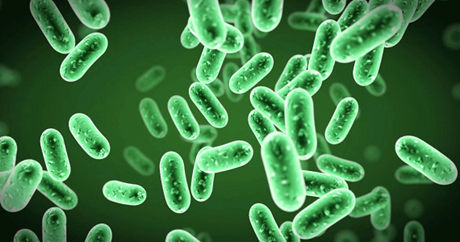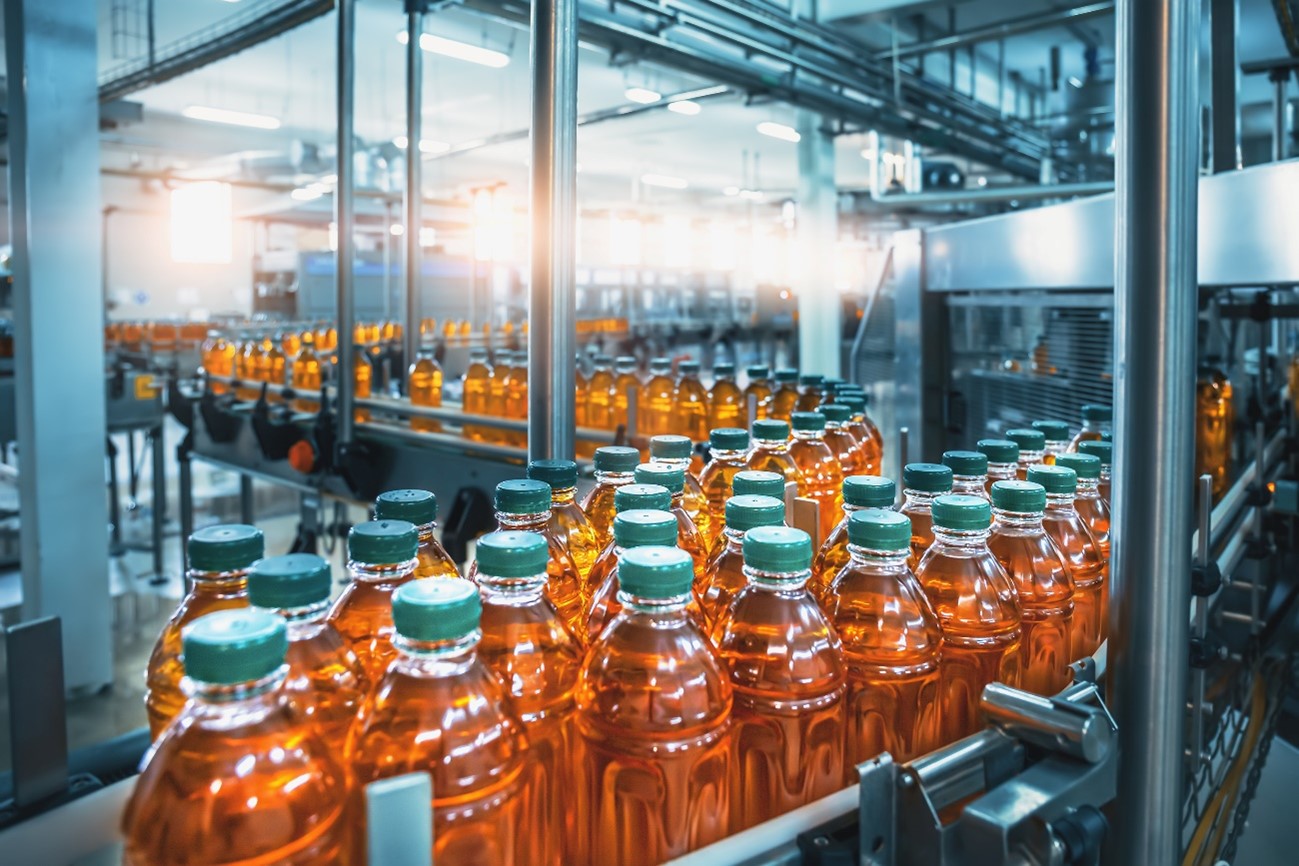Published: 03/08/23 16:05 Categories: Microbiology
What do we know about Alicyclobacillus?
Since 1980 it has been known that spoilage of fruit and vegetable juices is due to thermoacidophilic spore-forming bacteria classified within the genus Alicyclobacillus. This genus comprises gram-positive, aerobic bacteria that can grow at a pH of 3-5.5 and can survive at temperatures of 20-70°C. Although they do not require strictly thermophilic or acidic environments to survive, they can even be found naturally in soil.

Their spores are resistant to pasteurization and due to their acidophilic nature can germinate and increase in products after processing if conditions are suitable, until they reach concentrations high enough to produce harmful compounds leading to product spoilage. Contamination problems often appear several days after packaging.
The famous spoilage
In the fruit and vegetable processing industry, it is common to hear about spoilage. This term means nothing more than the deterioration of products caused by Alicyclobacillus. Its presence in packaged fruit products is known to cause alterations in their organoleptic properties, such as taste and smell, including sediment formation, discoloration or clouding. Consumer complaints used to be the only reason companies became aware of the problem, as the absence of gas production makes it difficult to detect spoilage. The taste produced by Alicyclobacillus has been described as medicinal, disinfectant or phenolic. These characteristics are due to the formation of chemical compounds such as guaiacol and halophenols, which are detectable at extremely low concentrations and can ruin the sensory qualities of the products.

Alicyclobacillus acidoterrestris is the species primarily responsible for spoilage incidents, although other species, such as A. acidiphilus, A. pomorum, A. hesperidum, A. herbarius, A. cycloheptanicus and A. acidocaldarius have also been linked, due to their ability to produce contaminating compounds or because they have been isolated from spoiled products.
Although Alicyclobacillus represents an economic threat to the fruit processing industry, the consumption of products containing Alicyclobacillus does not pose a health risk as it is not considered a pathogenic microorganism.
How is Alicyclobacillus detected within the industry?
Due to the difficulty in controlling this microorganism in fruit processing and the economic impact of the incidents it causes, in 2019 the International Fruit and Vegetable Juice Association (IFU) published Method No. 12 for the detection and enumeration of thermoacidophilic spore-forming bacteria (Alicyclobacillus spp.) in addition to the detection of other guaiacol-producing bacteria sharing the same characteristics. This method is applicable to:
- Juice and juice-related products and their ingredients intended for human consumption
- Environmental samples, including process water in the area of juice, juice-related production, and handling.

Specifically, the method describes the analysis for enumeration and detection of the bacterium. For enumeration, we start with the membrane filtration technique in the case of filterable products, or a suitable volume of the product if it is non-filterable. For the detection method an enriched sample is used to obtain qualitative results (absence/presence).
The sample or, if applicable, the initial dilution is subjected to heat treatment (80°C for 10 minutes) to select and germinate the spores. The medium recommended by the IFU is BAT broth and agar, with incubation at 45ºC for 3-5 days.
Alicyclobacillus contamination monitoring and prevention
To prevent spoilage caused by Alicyclobacillus, the affected industry must implement effective monitoring and prevention practice at critical points in the process, such as:
- Quality control of raw materials: carrying out microbiological testing on fruit and other ingredients prior to processing, to ensure that they are free from contamination
- Good hygiene practice: the maintenance of strict hygiene in production facilities, including proper cleaning and disinfection of equipment and surfaces
- Adequate pasteurization processes: ensuring that pasteurization processes are sufficiently rigorous to eliminate any bacterial contamination
- Suitable packaging: ensuring that containers are properly cleaned and sterilized before being used for the product
- Suitable storage: storage of products in optimal conditions, avoiding high temperatures that may promote the germination of Alicyclobacillus spores.

The presence of Alicyclobacillus can result in serious deterioration of organoleptic qualities, which has a negative effect on consumer acceptance of the product. By maintaining good hygienic practice and quality control measures,the industry can minimize the risks associated with the presence of Alicyclobacillus and provide high quality products.
If you need further information or need to know the methods for the enumeration and detection of Alicyclobacillus, please do not hesitate to contact us, and we will be pleased to assist in any way we can.

 CONDALAB to Exhibit at WHX Labs Dubai 2026
CONDALAB to Exhibit at WHX Labs Dubai 2026
 Food fraud: How do we detect it?
Food fraud: How do we detect it?
 Visit Us at MEDICA 2025 – Discover Our Precise Detection Solutions
Visit Us at MEDICA 2025 – Discover Our Precise Detection Solutions
 PCR: The Technique Revolutionizing Rapid Detection in the Food Industry
PCR: The Technique Revolutionizing Rapid Detection in the Food Industry
 How Culture Media Ensure the Safety, Efficacy, and Quality of Medicines
How Culture Media Ensure the Safety, Efficacy, and Quality of Medicines